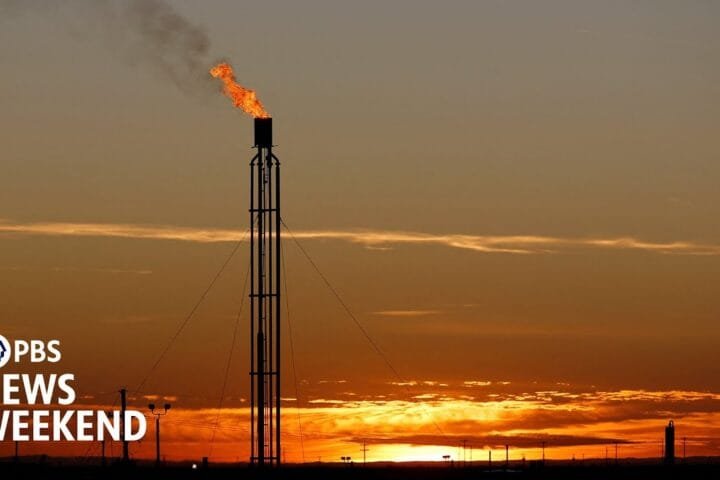From Desmog
For years, the fossil fuel industry has maintained that the First Amendment protects its right to mislead the public about the climate crisis, but that criticism and protest of its operations violates the law. Now, one of the industry’s preferred law firms — which has long been recognized for its defense of the First Amendment — is arguing both sides of this issue in court.
Gibson, Dunn & Crutcher represents oil giant Chevron in lawsuits brought by dozens of state and local governments to hold the company accountable for deceiving consumers and the public about its products’ central role in climate change. (You may also recognize Gibson Dunn as the firm that accused U.S. attorney Steven Donziger and his Ecuadorian plaintiffs of racketeering after they defeated Chevron in Ecuador’s courts.) As the evidence of Big Oil’s long-standing campaigns of climate denial piles up, and the cases inch closer to trial, the firm is deploying a defense that seeks to protect its clients’ ability to mislead the public.
Chevron and other oil companies’ statements about climate change, Gibson Dunn has argued, constitute First Amendment protected “political speech” — or speech concerning public opinion and policy. “The First Amendment bars tort liability based on speech attempting to influence public support for climate policies,” reads one motion, authored by Gibson Dunn and local counsel in October 2023, to dismiss a case that the state of New Jersey brought against Chevron and other oil majors.
“Under that logic, companies could lie to us about anything, and just say ‘because we think it’s political, because we think it’s important to policy, then we get to lie about it,’” said Amanda Shanor, an assistant professor and First Amendment scholar at the Wharton School of the University of Pennsylvania. “We would live in a very different and far more dangerous and less prosperous society [if that were the case], which is why in general the courts have been underwhelmed by these types of arguments.”
[...]





